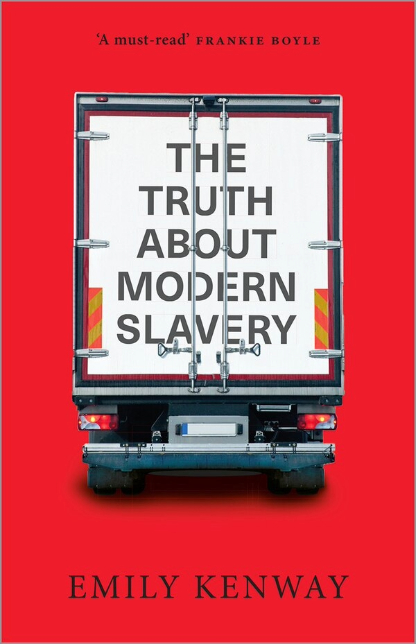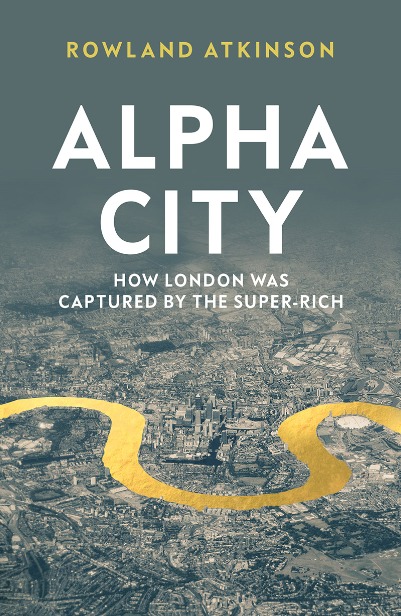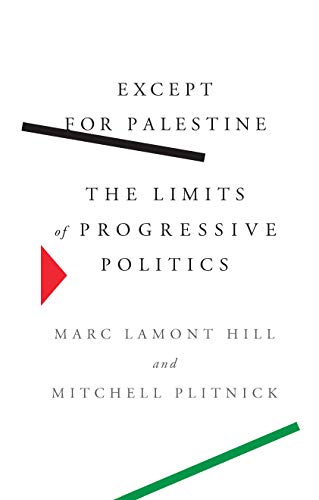The White ****** of America, Pierre Vallieres, McClelland and Stewart Limited, 1973, ISBN 0-7710-8671-7, pp. 281
On September 28, 1966, two men were standing in front of the United Nations building in New York City’s Turtle Bay neighbourhood. They were trying to draw the world’s attention to about 20 activists who were arrested just prior to their departure from Canada in connection to a short bombing campaign that rocked Montreal and targeted private companies involved in labour disputes and federal buildings, as well as banks. They were acting on behalf of a recently established group, Front de Liberation du Quebec (FLQ), a “vague collection of tiny, more or less active groups, whose members were all known to police and each other,” as one of the two men protesting in New York described them in 1965. That was Pierre Vallieres, who himself belonged to the FLQ, having joined in the mid-’60s. He was about to be arrested, along with Charles Gagnon, and placed in the Manhattan House of Detention for Men, popularly known as “The Tombs.”
On January 13, 1967, Vallieres and Gagnon were deported to Montreal where they had to wait more than a year before their first appearance in front of a judge. On April 5, Vallieres was found guilty of manslaughter and sentenced to life in prison. As proof, the prosecution submitted Vallieres’ political writings, contained in a clandestine FLQ journal La Cognee, various pamphlets, and his manifesto Le N*** Blanc d’Amerique. In doing so, the prosecution gave a platform to Vallieres to voice his ideological beliefs and subsequently become a cause celebre in Quebec.
The origins of the FLQ could be traced back to the nationalist fervour that gripped Quebec following the death of Maurice Duplessis and the rise to prominence of the Rassemblement pour l’Indépendance Nationale (R.I.N). The FLQ was founded in February 1963 by three R.I.N activists, Gabriel Hudon, Georges Schoeters, and Raymond Villeneuve who christened the movement. Their network grew and found intellectual support in journals such as Parti Pris, Quebec Libre and Revolution Quebecoise. These journals and their contributors rooted their beliefs in the struggles of the time. The Cuban Revolution had just successfully fought off the corrupt Batista regime and repelled the CIA-sponsored Bay of Bigs invasion, while Vietnam and Algeria were in the midst of overthrowing their colonial masters. Fatah and the Popular Front for the Liberation of Palestine were launching fedayeen attacks against Israel, while Tupamaros were exploding bombs at the US Embassy in Montevideo. Black power militants were defending African Americans in the US, while Weather Underground was becoming increasingly more radicalized. On March 7, 1963, the FLQ attacked three Canadian army barracks in Montreal with Molotov cocktails. Many were to follow.
The book was written while Vallieres was staying in “The Tombs” and after a twenty-nine-day hunger strike. Given that his prison guards spoke no French, he managed to smuggle the chapters out of prison by masquerading them as “Notes to My Lawyer,” and the final chapter was handed over to his lawyer by the US Department of Immigration shortly before his extradition. In it, Vallieres says he “had to scribble down in haste my memories, ideas, my short but brutal experience of life and my boundless conviction that it is possible to build a better world now.” A political act whose “meaning is given by the book itself.” The book was first published in March 1968, in the middle of his trial in Montreal and established Vallieres as FLQ’s chief ideologue.
Vallieres played a prominent role in the events that shook Canada in the ‘60s and early ‘70s. The book’s political act manifests itself in Vallieres’ reinterpretation of Quebecois history. While he certainly did not have resources available to other great Canadian Marxist historians, such as Stanley Ryerson, Vallieres manages to provide broad outlines of the development of Canadian-French society on the continent. He roots it in the class struggle, with the initial population being formed of convicts, trouble makers and the poor who were sent abroad from France to establish the King’s dominion. They were “to work at building an indigenous industry and developing agriculture, and they were to have as many children as possible in order to rapidly expand the labour force and the market.” However, New France was to remain a trading post, a colony out of which metropolitan France syphoned off natural resources and the benefits from the fur trade. Hunger riots broke out, and the Church played a crucial role in subduing the population by instilling a new ethic which sought to depoliticize the population and make them accept their fate. This was to remain inculcated in the French Canadians, according to Vallieres, and even his mother would go on to “accept the half-loaf of bread.”
In a particularly passionate and vicious attack on the genesis of the Confederation, Vallieres states that “the Canadian Confederation was nothing more than a vast financial transaction carried out by the bourgeoisie at the expense of the workers of the country, and more especially the workers of Quebec.” Regardless of what political and legal form Canada or Quebec took, Vallieres sees it merely as a reconfiguration of the dominant pattern of exploitation of Quebec’s natural resources and workers. The masters changed, but the conditions worsened for the vast majority of the population.
In retelling the history of Canada, Vallieres situates his own childhood and family in the broader processes that guide it. The book is his revolt against oppression that constitutes Quebec’s society and a protest against the institutions that have legitimated the pain and suffering of families like his.
Vallieres’ prose beautifully expresses his feeling of hopelessness, alienation and impotence. Rightly so, given that he has secretly found refuge in writing, through which he managed to channel his rage. By the age of 20, he had already finished two novels, both of which went unpublished and were ultimately burned in a climactic act of renewal, both spiritual and political. The author of the text injects literary and philosophical references, not to fascinate with his knowledge, but to enhance meaning. Andre Malroux, Andre Gide, Kierkegaard, Husserl, Merleu-Ponty, and most notably Sartre, allow Vallieres to express his profound feeling of destitution and sadness. Indeed, this has led him to think of committing suicide twice.
The title of the book should be read in this regard, as Vallieres clear, albeit extremely unsavoury, allusion to Fanon’s Wretched of the Earth. To be the n-word in America is to be a slave. He uses it to create a composite of the oppressed of the world. Indeed, by juxtaposing white and black he emphasizes their ephemerality. By claiming them to be the n-word, he attempts to portray the extent of their oppression. This is particularly important when considering his broader ideology, which has tended to be subsumed under the vague notion of Quebecois separatism. This is, in fact, the opposite of what Vallieres had advocated for. As he states, “I wanted to justify a revolutionary separatism, a working-class separatism, a separatism that would be synonymous with social revolution and not merely with legal independence.” Much like in the case of the Black Panthers, attaining a particular objective implies the abolition of the objective. By attaining consciousness of their race, or of their separatism, the workers become a class capable of overthrowing the socio-economic system that made them so and carry out a revolution. He lays out his views clearly in Chapter 6 when he succinctly describes historical materialism by way of explaining the development of forces and relations of productions. He is guided by the belief that “this multiform, multiracial, and multinational oppression, must today be left behind, that it must be dynamited all the more violently…but neither the mass media nor the electronic machines nor even big-business-style unions are going to rise up in place of the exploited…”. This task is to be accomplished by a “force which is at the same time militarily effective; psychologically, intellectually and economically de-alienating; democratic; and, morally, founded on solidarity, equality, justice and honesty.”
The revolution could only be carried out by direct action. Vallieres advocated the unity of theory and practice, found in the writings of Karl Marx, which even in the narrative seemed like a natural progression of his intellectual development. He began by exploring religious philosophy, then continued by dabbling in Kantian metaphysics, then in Husserl’s and Merleu-Ponty’s phenomenology and Sartre’s existentialism while finding in each a missing piece to be filled by Marx. He expressed his views in writing, even in Pierre Trudeau’s Cite Libre. Vallieres suspects Pierre Trudeau published him because he could not understand his existentialism. He even progressed to be the editor of the influential journal, only to be terminated when his views contradicted Trudeau’s “politique fonctionnelle.”
In 1971, following the abduction and murder of Quebec’s Deputy Premier Pierre Laporte, Vallieres entered into a plea bargain and renounced violence as a means of achieving independence. He concluded that Quebec is bound to assimilate and entered a Franciscan religious order, which itself is significant given that the order is tasked with helping the poor. In a way, it was a return to his alienated self, realizing the injustices and trembling with indignation at their occurrences. He was a vocal supporter of the Mohawks during the Oka Crisis; something missing entirely from his book in which the indigenous population does not feature at all. He also founded the Quebec-Bosnia committee, advocating against Serbian nationalism and war on Bosnia.
Although he rejected the term in the book, Vallieres and the FLQ were clearly left-wing opportunists in the words of Lenin. Based on revolutionary zeal, rather than any clear objective appraisal of class forces in Quebec, their actions alienated the mass of workers who did not subscribe to their shock and awe doctrine. While it is imperative to build a better world now, as Vallieres stated, building it will nonetheless require mass organizations and popular support. It will not and indeed it cannot be wished into existence.




